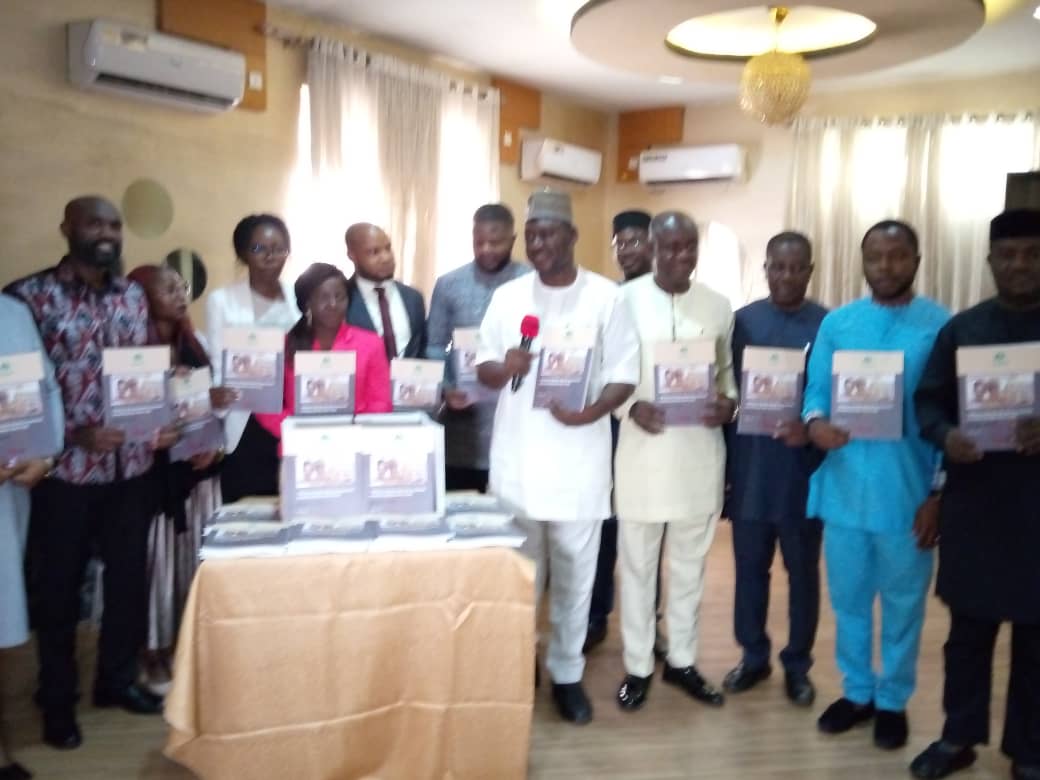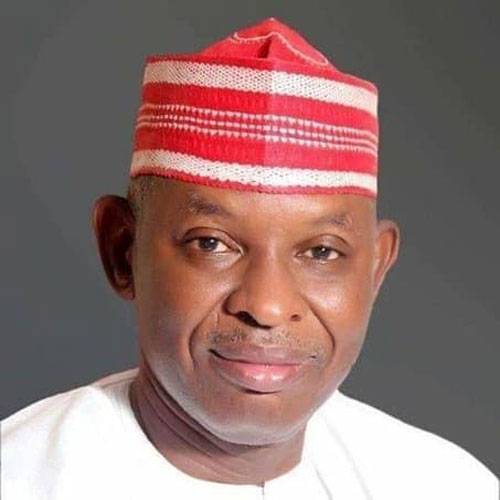By Chimezie Godfrey
The Civil Society Legislative Advocacy Centre, CISLAC, in collaboration with Tax Justice Network-Africa (TJNA) has urged the Nigerian government to implement measures to tackle tobacco consumption and affordability in the country.
CISLAC also harps on the need for the government to ensure effective health financing in Nigeria, and across countries in Africa.
The Executive Director, CISLAC, Auwal Rafsanjani said this on Tuesday in Abuja, during the launch of Research Report on Tobacco Taxation and Health Financing in Nigeria, with the theme,”Implementing on: Tobacco Tax Advocacy in Nigeria.”
Rafsanjani noted that closely linked to the issue of tobacco taxation as a control tool is the issue of safeguarding population health, and therefore urged relevant stakeholders in Nigeria and across African countries to ensure effective implementation of taxes on tobacco and health care financing.
He said,”It is with immense pleasure that I welcome you all to the launch of the research report on Tobacco Taxation and Health Financing in Nigeria.
“The harmful effect of tobacco use has motivated countries, including Nigeria to implement control measures to tackle tobacco consumption and affordability.
“The World Health Organization Framework Convention on Tobacco Control (WHO-FCTC) identifies tobacco taxation as an effective tool for tobacco control. Excise taxes are the most effective tax measure for promoting health because they change the price of a harmful product relative to other goods and can be easily increased over time. Consumption is reduced best with taxes based on specific taxes on unhealthy products such as sticks and packs of cigarettes.
“Closely linked to the issue of tobacco taxation as a control tool is the issue of safeguarding population health. It is not news however, that the state of health care delivery in Nigeria remains very abysmal while the world intensifies efforts to attain the Sustainable Development Goals 3 through Universal Health Coverage.
“According to the World Health Organization (WHO), health care financing plays a critical role in sustaining the health of the present and future generations. This is because health care financing determines the existence and affordability of health services when needed.
“The governments of African countries met in April 2001 to address health care financing problems, being one of the key determinants of Universal Health Coverage (UHC). The outcome of the 53 African Heads of States’ meeting led to the signing of the Abuja Declaration, thereby committing every member state to allocate 15 per cent of their national budgets to health. While the agreement was reached in Abuja, Nigeria has remained a perpetual defaulter.
Rafsanjani pointed out that as the country defaults on budgeting effectively for health, countries of the world are adopting innovative approach to mobilize resources for health financing.
He added that one of the key approaches is the adoption of tobacco taxes as an alternative strategy which presents a win-win situation in terms of reducing affordability of tobacco products and increasing revenue for development funding.
“This study was commissioned to interrogate the viability of tobacco taxation as a source of revenue generation for health financing in Nigeria. It looks to present empirical evidence to guide policy formulation as Nigeria struggles to bridge its health financing gap.
“It is important to sustain the conversation for tobacco taxation beyond mere revenue collection and generation but to also channel these resources to improve the health sector where tobacco causes the most harm,” he said.
The CISLAC ED commended Tax Justice Network Africa for the enormous support provided in the course of conducting the study as he also appreciated the team of consultants.
He expressed hope that the report will serve as a useful tool for advocacy and policy formulation in Nigeria.
The National Coordinator, Non-communicable Diseases Division, NCDs, Federal Ministry of Health, Dr Dolapo Sanni represented by the M & E, NCCDs, Bunmi Oshindele noted that tobacco epidemic is one the biggest public health threat the world has ever faced, which is killing more than 8million people every year.
According to him, more 7million those deaths results from direct tobacco use, while about 1.2million deaths results from non- smokers being exposed to second hand smoke.
He revealed that in Nigeria about over 4million persons from 15 years and above currently use tobacco products, of which over 3million are current smokers while over 1million currently use smokeless tobacco products.
He pointed out that death toll in Nigeria us huge, adding that more than 26,200 annual deaths occur from tobacco related diseases in Nigeria.
Dr Sanni assured that the government is making all efforts in controlling the menace, adding that the economic cost of tobacco use are substantial which include significant healthcare cost for diseases that occur by tobacco use, and also the loss of human capital among others.
Also Speaking, the Program Officer, Tax and Equity, Tax Justice Network-Africa (TJNA), Rodgers Kidiyu said TJNA is focused on promoting tax policy that are accountable and transparent, and simple, also and tax policy that has proper outcome.
He stressed that their idea is focused on developing “our structure as Africans to depend on ourselves
“We understand the place of tax on the price of products especially products like tobacco that has adverse effect on the health and wellbeing of our people. So, we know the place and importance of tax.
“Also, the issue of inequality is increasing in Africa so we realize the place and importance of tax in ensuring that we correct these wrongs.
“We understand Nigeria is a leading country in Africa, and want you to take your place by in coming out with tax policies that are for our own people,” he said.
He noted that the reason why tobacco taxation and health financing is very important is that for every 1dollar “we receive from tobacco taxes, we use another 3 dollars to either mitigate or address the issues of the health burden that come from the consumption of the product.
“That is the global one ,when you come Africa it is even double, we talk about 1dollar to 6dollars because our taxes are very low.”
TJNA Programme Officer, stressed that using tobacco taxes is best way to control the adverse impact of its consumption, adding that if the there is significant increase in tobacco taxation, it can cure the issues of inequality in African countries, among other benefits.
The highlight of the event was the launch of research report on tobacco taxation and health financing in Nigeria.
Represented at the auspicious event were the Federal Ministry of Finance Budget and National Planning, The Federal Ministry of Health, Representatives of relevant Ministries, Departments and Agencies of government, Our technical partners, Tax Justice Network Africa, Representatives of civil society, The media,






